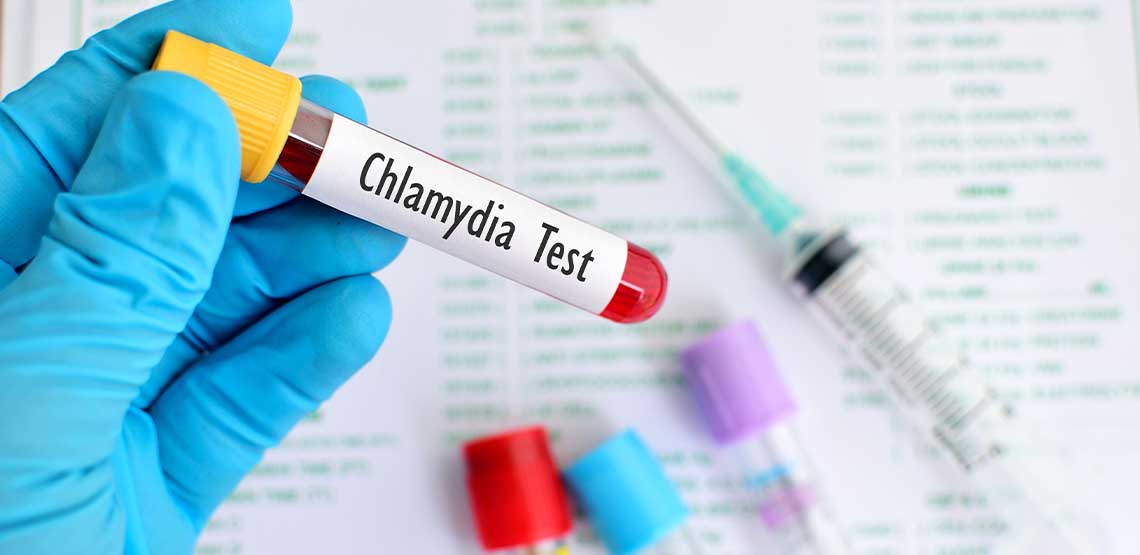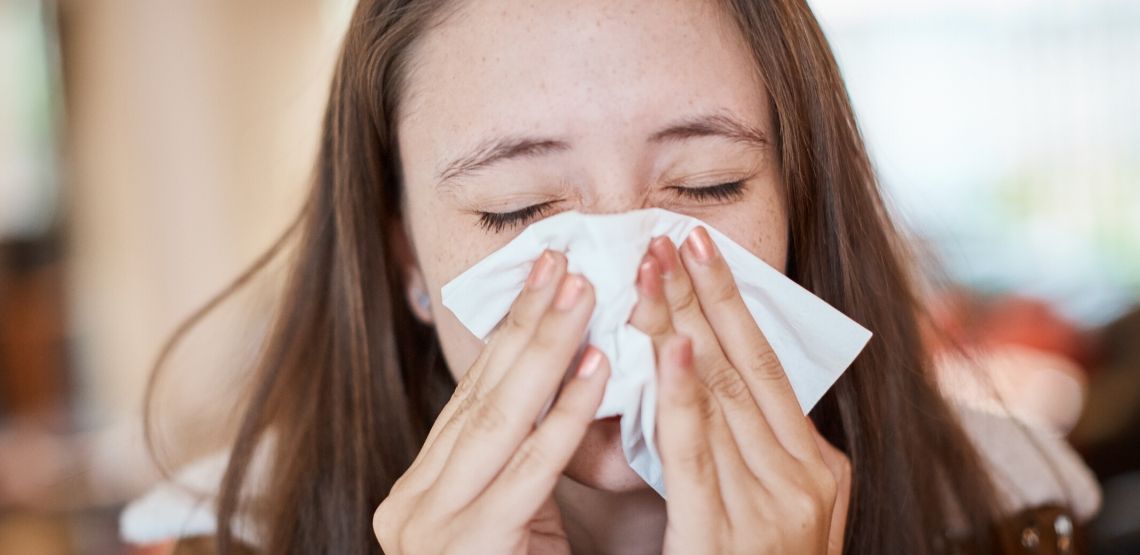What Is STD Testing?
If you have any common STD symptoms—pain in your pelvic area, sores or bumps, or itchiness—you should get an STD test. STD testing is the only way to determine if you have an STD. It's often painless, and can be done easily.
Getting tested for STDs can be a point of embarrassment or something of a taboo topic for some, but it shouldn't be. In reality, getting tested for STDs is a responsible and crucial way to stay on top of your own health and make sure that you are keeping your sexual partners safe as well.
What Are STDs?
STDs are sexually transmitted diseases, meaning they are passed from person to person in blood or bodily fluids during sexual intercourse of any kind (vaginal, anal, or oral sex).
There are many types of STDs and each has their own set of symptoms, or often, none at all. They could include sores or warts, itching or discharge, pain during intercourse, or in many cases, zero symptoms at all. This is why, if you are sexually active, getting regularly tested for STDs is a must. Though STDs are common and nothing to be ashamed of, they are critical to stay on top of. Untreated STDs can cause serious issues or even death.
Luckily, STDs can be detected early and, in most cases, treated with simple medicines like antibiotics. There is zero shame in getting tested regularly and in talking openly about STD testing with your doctor.
While you may assume you are practicing safe sex or that you are not at risk, STDs can happen to anyone and you can never be too safe.
Common Signs and Symptoms of STDs
There are a few common signs and symptoms of STDs to be aware of. If you are experiencing any of these, book an appointment with your doctor to get tested.
Men
- Pain in your pelvic area.
- Burning or itching on your penis, or while urinating.
- Blisters, bumps or sores in your groin, or around your mouth (from oral sex).
- Discharge from your penis.
Women
- Itchy or burning sensation in or around your vagina.
- Unusual or odorous discharge.
- Pain in your pelvic area.
- Abnormal bleeding between periods, or after sex.
- Painful sex.
- Blisters, sores or bumps in your groin, or around your mouth (from oral sex).
- Burning sensation wile urinating.
What Is STD Testing and What Tests Are Available?
STD tests can detect sexually transmitted diseases even before symptoms appear or in the absence of symptoms, which in may cases never arise. They’re an important part of your overall health care and should be treated as such. This means requesting them regularly just as you would get a regular, annual physical from your doctor or go to the dentist for preventive teeth cleanings.
Best of all, tests are easy, stigma-free, often totally painless, and in some cases even free. There is no one overall test, but a series of tests that can detect each individual STD. For example, there are specific STD tests available to check for HIV, for HPV, chlamydia and gonorrhea, and many more.
Most Common STD Tests
While some doctors may screen you for these during women’s yearly pap smears, this is not always the case. Generally, you have to ask for tests.
If you are not sure, ask your doctor. You can always request a total screening of STDs if you are unsure or have not been tested in a while, or have been potentially exposed to an STD.
Here are some of the most common tests that you will want to request:
- Chlamydia and gonorrhea: Both are tested by swabbing the genital area or with a urine test.
- HIV: This requires a blood test or mouth swab.
- HPV: Visual examination for the type that causes genital warts or vaginal swab for the high-risk variety.
- Syphilis: All pregnant women should get tested for this, via a blood test.
Related Search Topics (Ads)
Why Testing Is Important
As stated, getting STD tests regularly each year or more often if needed is the only way to detect if you have an STD. Relying on symptoms to appear is not a valid way to know if you have an STD, as many types never have accompanying symptoms at all.
By getting tested, you can take control of you own health and find the STD before it leads to more serious health implications. For example, left undetected and untreated, HPV (which is among the most common of STDs, affecting nearly all of sexually active individuals) can lead to cervical cancer in women.
By getting tested, you can enjoy the weight off your mind knowing that you are healthy and disease-free. Just as important, you are being responsible to not spread a disease to a sexual partner.
How Often Should You Get Tested?
In general, STD testing should be a regular part of your overall selfcare, but it varies slightly when it comes to how often you need each test.
All adults and adolescents between the ages of 13 to 64 should get checked at least once for HIV. If you have engaged in high-risk behaviors, such as unprotected sex (not using a condom) or sharing needles, you would want to get checked for HIV yearly.
In the case of chlamydia and gonorrhea for, sexually active women younger than 25 are advised to be checked yearly, as should women older than 25 if they have new sexual partners.
Suggested frequency of tests totally depends on factors like if you have multiple or new partners versus being in a monogamous relationship, or if you are using protection 100% of the time or not. Another example of a factor would be if a woman has tested positive for an STD, like HVP already, in which case her doctor made advise more regular ongoing tests to monitor it.
The Bottom Line
Your doctor or gynecologist will be able to tell you exactly when to get each test, based on your lifestyle and risk factors. But ask! Doctors do not automatically test you for all STDs even during exams like pap smears or pelvic exams, so have a conversation about it. If you feel uneasy for any reason discussing it with your family doctor, you can always go to a gynecologists or Planned Parenthood and request to be tested for all STDs.


